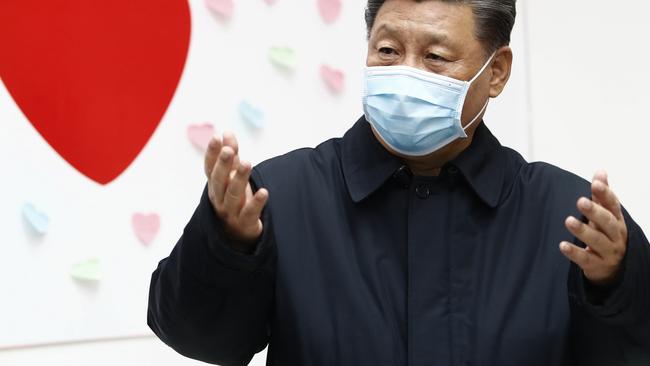
It’s not that the loveable creature who maintains deep and enduring friendships with Tigger and Piglet and tries to keep Eeyore’s spirits up while causing all sorts of honey related mayhem is a poor role model.
Winnie the Pooh has been scrubbed because he shares a vague resemblance to the General Secretary of the Communist Party of China, President of the People’s Republic of China and chairman of China’s central Military Commission eg: the largest standing army in the world, the People’s Liberation Army, Xi Jinping.
The likeness tends to get lost when President Xi is riding around in a black Hongyi with his head stuck out of the sunroof barking instructions over a public address system to the military at parades. “Shine those shoes, Corporal. You over there in the tank – too fat!”
One might think that painting a ruthless tyrant as a cuddly teddy bear might be good propaganda.
Constant gaze of the state
The problem is that China’s network of state censors had observed Chinese dissidents using the cuddly Winnie’s name as a coded moniker for President Xi on vigorously-controlled Chinese social media.
Clearly, this would not stand. Mocking the President is bad enough, but the censors also want it known that if President XI is cuddly he restrains himself from spontaneously rushing forward to embrace his fellows.
Nor does he get his head stuck in honey jars — at least as far as we know. President Xi is utterly perfect and makes no mistakes ever.
The trouble with this approach to sponsorship is that it will never end.
The Chinese people are keenly aware that the eye of the state gazes upon them. Dissidents will use codes and nicknames, to avoid attention and sometimes use relatively harmless phrases that rhyme with others that are critical of the regime and of President Xi in particular. The goal posts are constantly shifting.
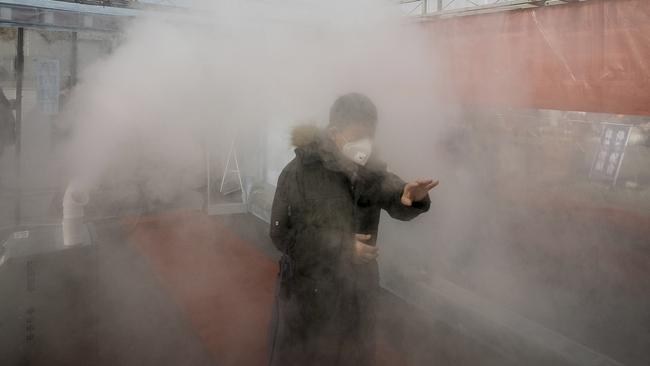
This means those sitting in darkened rooms, data mining and scanning terabytes of data with red pens poised have to constantly update banned words and phrases.
New banned words
And so it was this week.
With China in economic and social disarray over the coronavirus, CoVid19, Hubei province in lock down and the government sensitive to any sign of civil unrest or even vague criticisms, a new list of banned words was issued.
Facebook, Twitter, YouTube and even the mighty Google are blocked, along with millions of other sites by a nationwide firewall know amusingly as the Great Firewall of China.
The Chinese messaging and social media app, WeChat has a billion active users. Weibo has slightly less but still has a stunning 768 million active users.
Both are privately owned companies, but they know they have to dance to the tune of the PRC.
This week users in the PRC have become used to receiving the stern message: “Sorry, the content violates the relevant laws and regulations or Weibo’s terms of service” for using terms that were perfectly fine last week but are now considered beyond the pale.
Using the word “disagree” will get users a content warning notice.
The word “migration” cannot be used in web searches.
“My Emperor” – well, that’s right out, as is the phrase “Board a plane” because in Mandarin it sounds a little like “ascend the throne”.
And the word “Disney” — the moviemakers who gave us a version of Winnie the Pooh (not as pleasing as illustrator EH Shepherd’s original illustration in Milne’s books in my view) — has also been placed on the banned list.
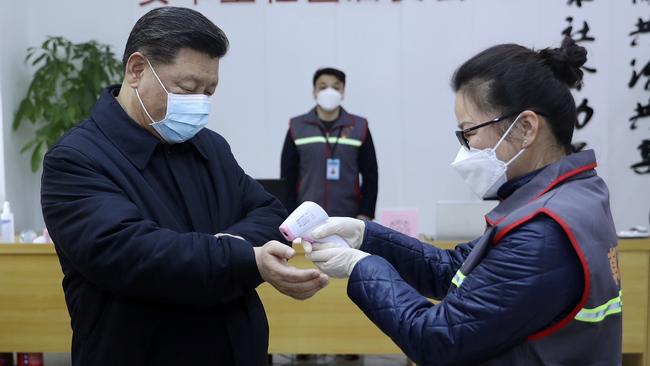
It reminds me of the time I was working in lads’ mags. The then-censor, the Office of Film and Literature Classification issued a stern directive with a long list of words – many of them colloquialisms for parts of the human body — that would not be accepted on magazine covers.
The list looked like someone with Tourette’s Syndrome had taken a deep breath and let fly.
The response from the editors was to come up with their own words, not a scramble through the dictionary nor through the Urban Dictionary online for such a beast did not exist then.
The great Ignatius Jones, now a respectable organiser and producer of major events around the world, including Sydney’s Vivid, came up with the wholly confected term “Nunga” which doesn’t mean anything other than what people might read into it.
The freshly-minted word then adorned the magazine cover of next week’s edition only to be rejected by the censors.
The following week, the list of banned cover words was issued again. It had been added to by one. There it was at the very bottom — Nunga.
That is how censorship worked in Australia then. It happened by increment and was driven by commercial concerns as much as it is today. The magazine featuring Ignatius Jones’ shiny new word could still have been published but it could not have been on general display and would have to be thrust into a sealed plastic bag or held in the dark recesses under the counter at the newsagents, thus cutting sales by around 90 per cent.
One might argue that prudes on social media might have some thing to say about what we can and can’t say or write (they always do).
Arguments may rail about utterances being either in good taste or bad, a kind of unofficial or forced censorship but there is no one sitting in a dusty office in Canberra or in any of the capital cities scanning through publications to see if Scott Morrison is being mocked. Exhibit A: Engadine Maccas.
More importantly there is no one with a big red pen who then calls out the wallopers to make numerous arrests for transgressors.
China’s Chernobyl?
The updated list of China’s unspeakables is the kind of absurdity that totalitarian states lapse into. The status quo is their friend, change their enemy. The clear focus is to protect the image of President Xi Jinping. Mockery of leaders can bring regimes teetering from the top down.
Mikhail Gorbachev maintains that the greatest force which brought about the collapse of the Soviet Union was not the arms race with the US or the economic calamity that hit the USSR as a consequence. It was, he believed, the disaster at Chernobyl and the grossly negligent and dangerous response from the central government. People understood the government did not act in their interests.
What we’ve seen this week is a shout for more bricks and mortar to hold up the Great Firewall of China. The PLC and Xi Jinping face a similar existential crisis. Coronavirus, CoVid19 could well be President Xi’s Chernobyl. And the state will do everything in its power to stop that from happening. It is also a sign that its grasp on power has slipped a little.



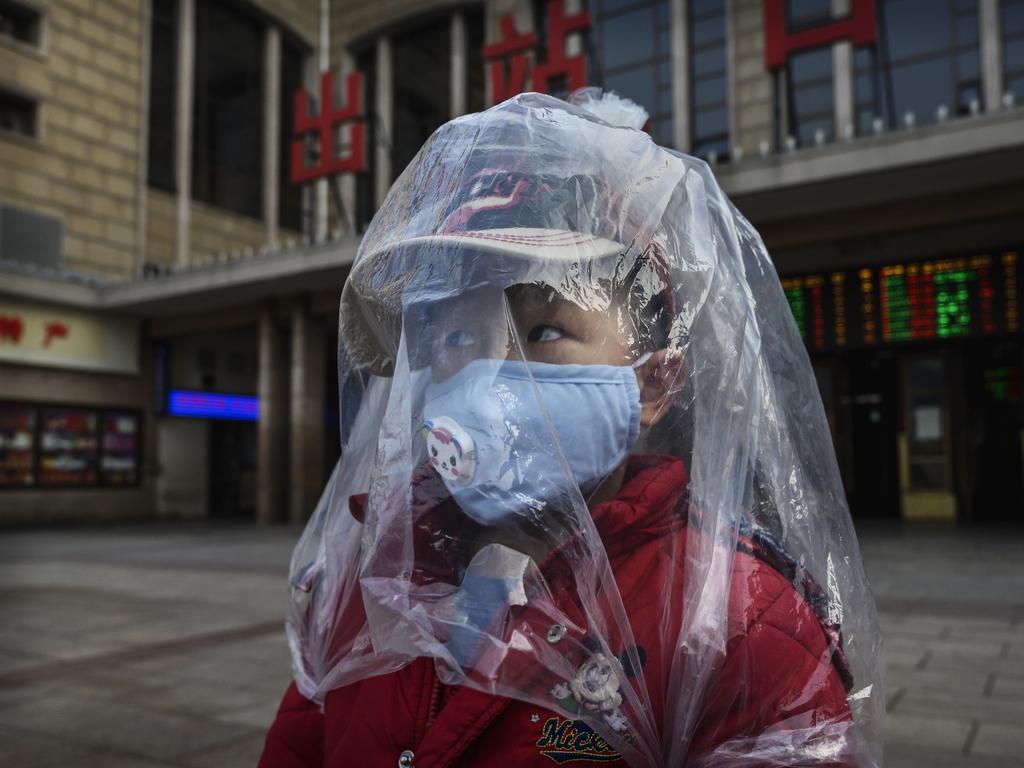

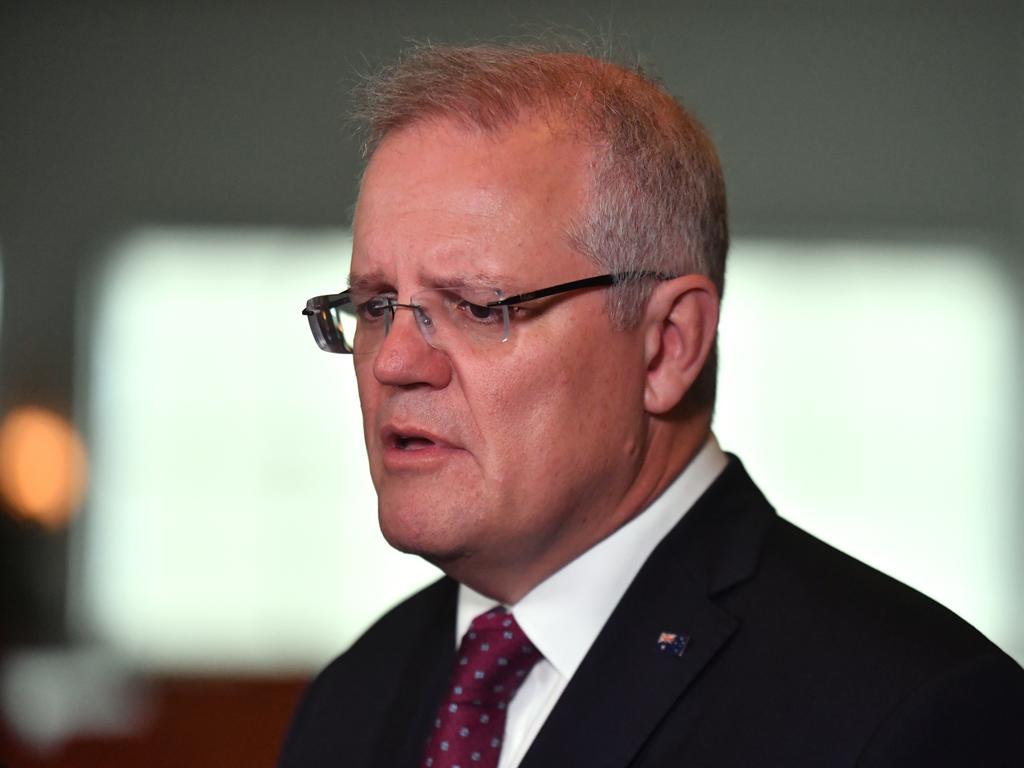

Winnie the Pooh is banned in China. A harmless teddy — be he in AA Milne or Disney form — has been brushed by the People’s Republic of China.